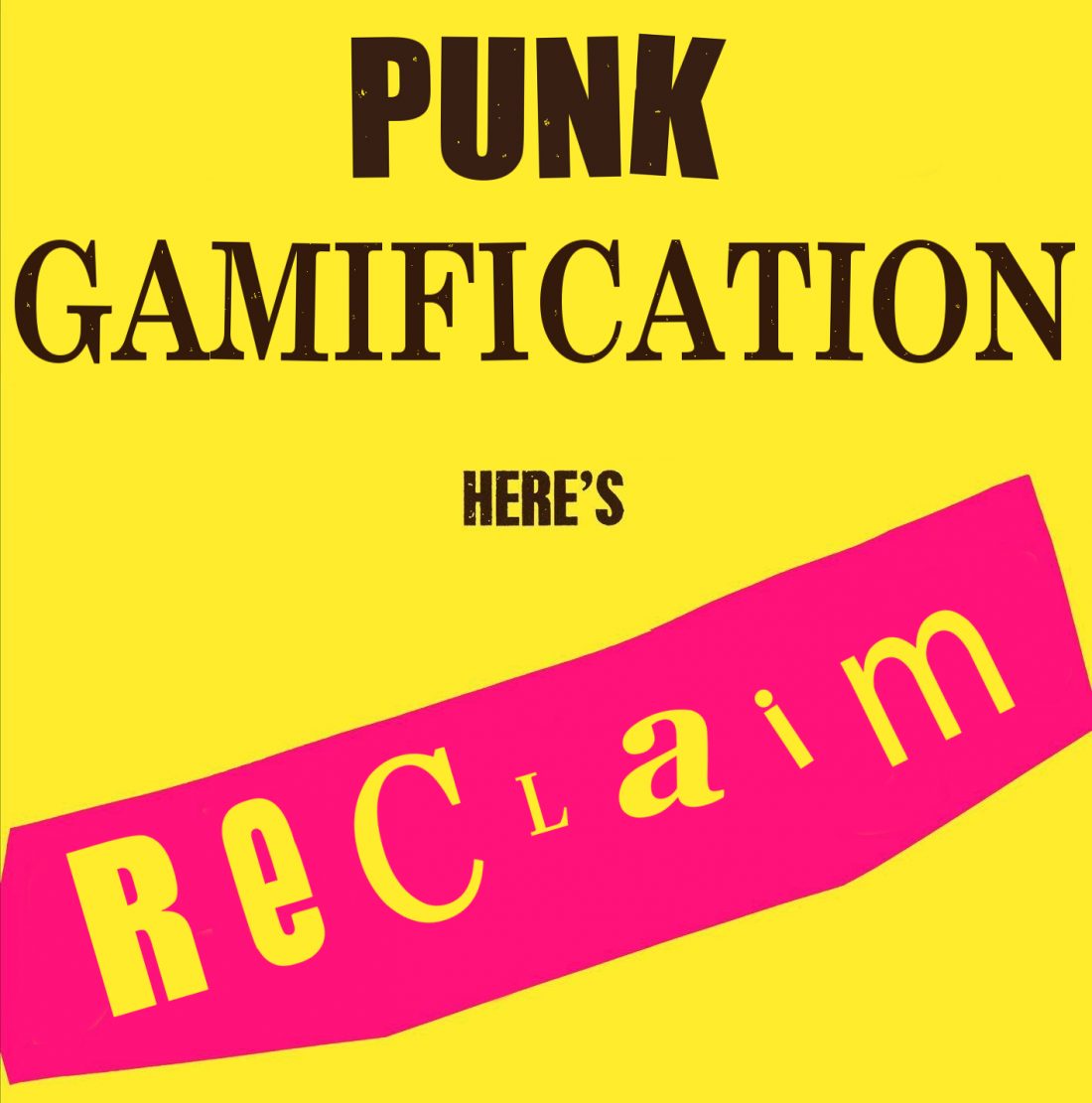
“Punk Gamification” wins best presentation at GamiFIN2019
“Punk Gamification”, part of ReClaim’s effort to create a theoretical framework for urban gamification,was presented Tuesday 9 April at GamiFIN, where it has been voted by the participants Best Presentation of the 2019’s edition of the conference. This is the first award won by ReClaim and an encouraging sign that it is heading in the right direction!
Congratulations are in order also to Xiaozhou Li, Chien Lu, Jaakko Peltonen and Zheying Zhang, winners of Best Paper with “A Statistical Analysis of Steam User Profiles towards Personalized Gamification” and to Anna Borzenkova for Best Poster – both great contributions to the field of gamification.
The paper will soon be openly available on CEUR Proceedings (you will find the link here).
Punk Gamification is though to be an alternative take on gamification, based on bottom up approaches and critical design.While mainstream gamification, even when done properly, has issues regarding its paternalistic relationship with power and the fact that promotes acritical action (as well as some theoretical issues, such as its problematic definition of game elements), punk gamification proposes a different ideological approach. It is punk because it is opposed to mainstream, it stresses the importance of individual freedom, encompasses diversity, has strong DIY characteristics and has a bottom-up approach. Punk gamification can be defined as engaging non-game/play contexts with a playful attitude and behaviour in a way that is both bottom-up and critical. This entails:
- Stressing the importance of playfulness instead of a rule-centred approach or one designed around “game elements. In this way it is the experience of the participants, and not the constraints and tracking of their actions, that is highlighted;
- Reogranising gamification to be grassroots, avoiding paternalistic top-down power relations;
- Creating gamification efforts that, instead of creating a state of irreflective flow, breaks monotony and challenges the status quo.
A very successful example of punk gamification are Gay Pride Parades whose strong playful and carnivalesque character, invading contexts that used to be thought as “serious” such as political protests, become a disruptive force that challenges moral conventions and societal norms with an enormous impact on society.
In the next step of ReClaim, punk gamification will be integrated with critical urban play in order to create a solid framework to study how play can be used by citizens to efficiently reappropriate public spaces.




Sorry, the comment form is closed at this time.